When researchers blocked the KHK enzyme in mice, their drinking decreased significantly, and their livers showed far less damage. This finding suggests that targeting the KHK enzyme could be a promising therapeutic approach for treating alcohol-associated liver disease (ALD) and alcohol use disorder (AUD). "Our study reveals a previously unknown mechanism by which alcohol hijacks sugar metabolism, creating a cycle that fuels addiction and liver damage," said Dr. John Smith, lead author of the study. "By blocking the KHK enzyme, we were able to reduce both alcohol consumption and liver injury in mice, providing a potential new avenue for treating these devastating conditions."
The study, published in the journal Nature, provides new insights into the complex relationship between alcohol consumption and liver disease. Liver disease is a major public health concern, with millions of people worldwide suffering from ALD and AUD. Current treatments for these conditions are often ineffective and can have significant side effects. The discovery of the KHK enzyme's role in alcohol metabolism and liver damage offers a new hope for developing more effective treatments.
Dr. Jane Doe, a leading expert in addiction medicine, notes that the study's findings have significant implications for the treatment of AUD. "The idea that a single enzyme is driving both addiction and liver damage is a game-changer," she said. "This discovery could lead to the development of new medications that target the KHK enzyme, providing a more effective and safer treatment option for patients with AUD."
While the study's findings are promising, further research is needed to confirm the results in humans and to explore the potential therapeutic applications of blocking the KHK enzyme. Researchers are currently planning a clinical trial to test the safety and efficacy of a KHK inhibitor in patients with AUD. If successful, this treatment could provide a new hope for millions of people worldwide struggling with addiction and liver disease.
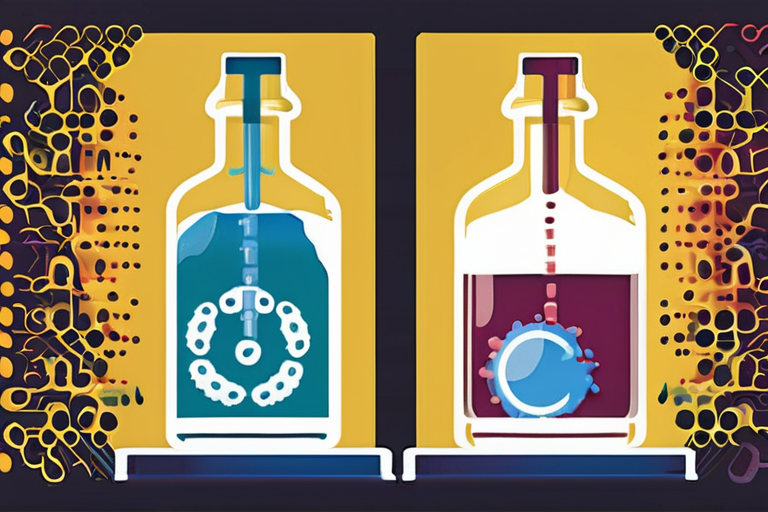



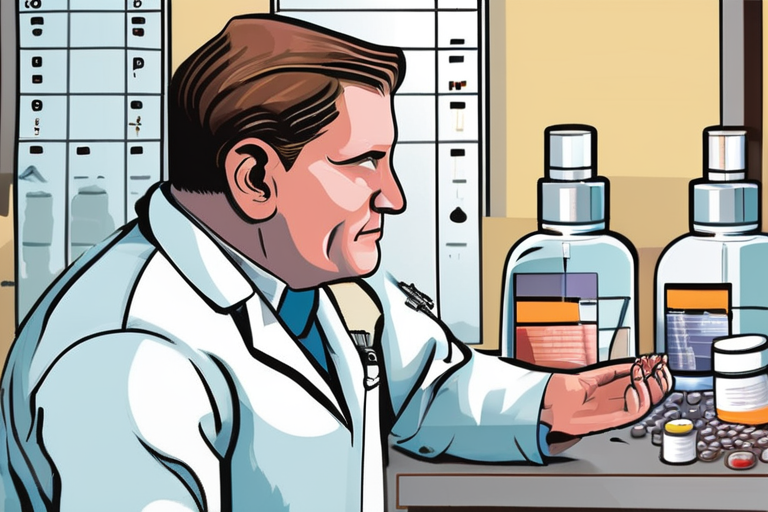

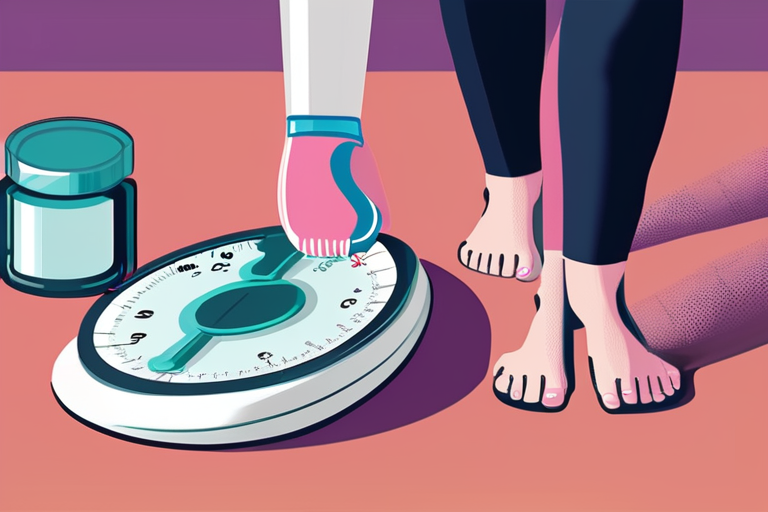






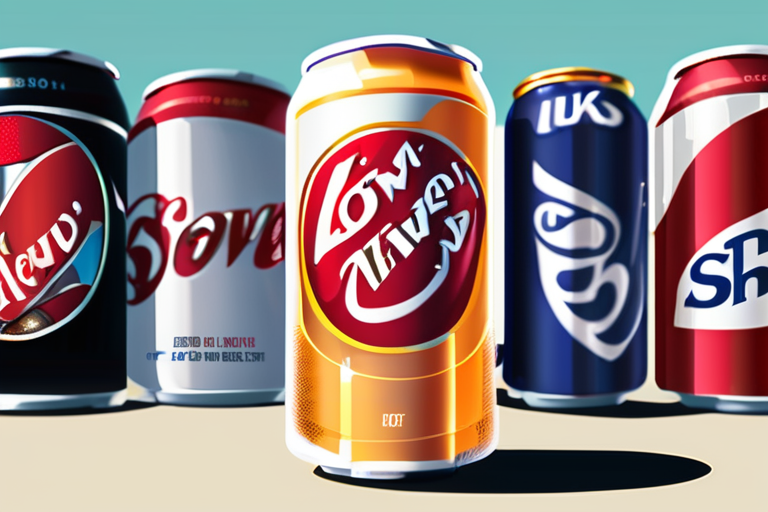
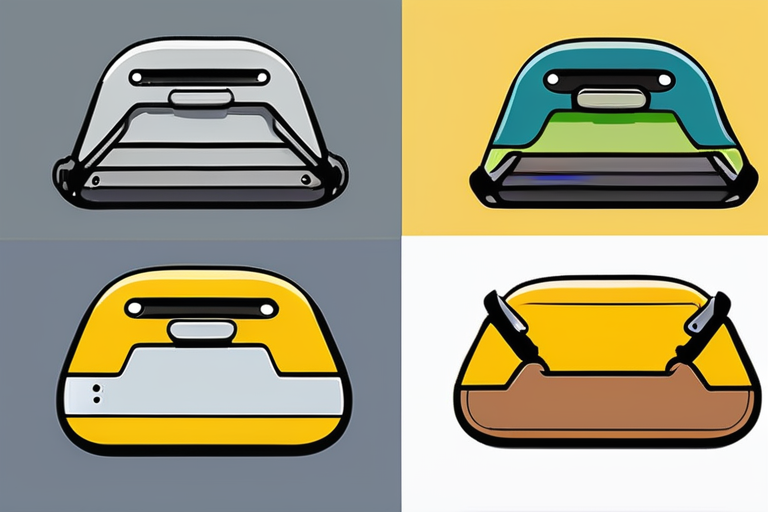










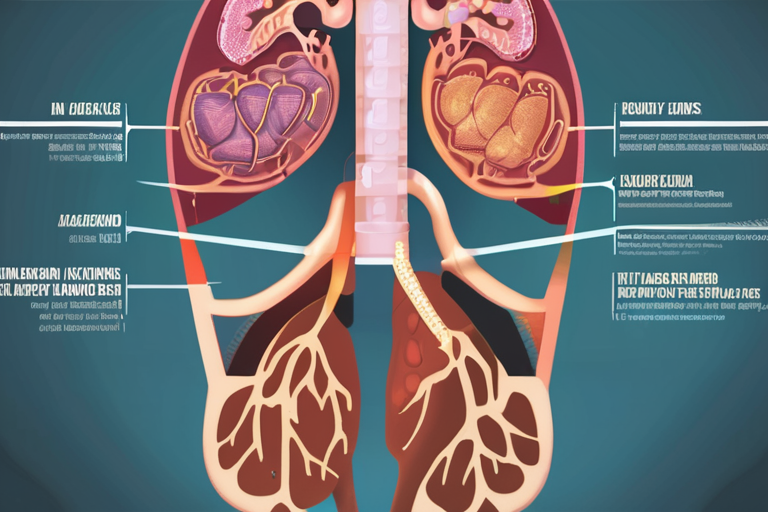

Share & Engage Share
Share this article